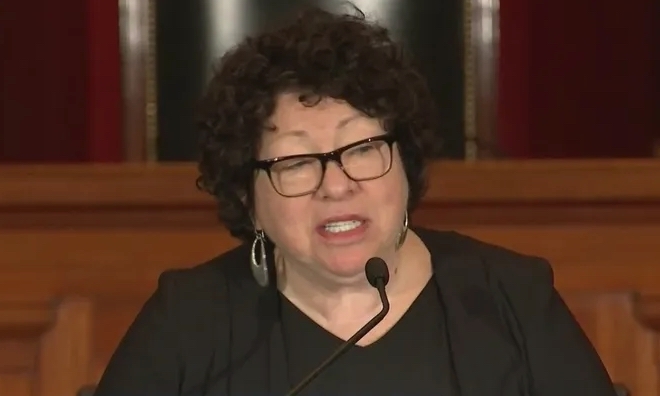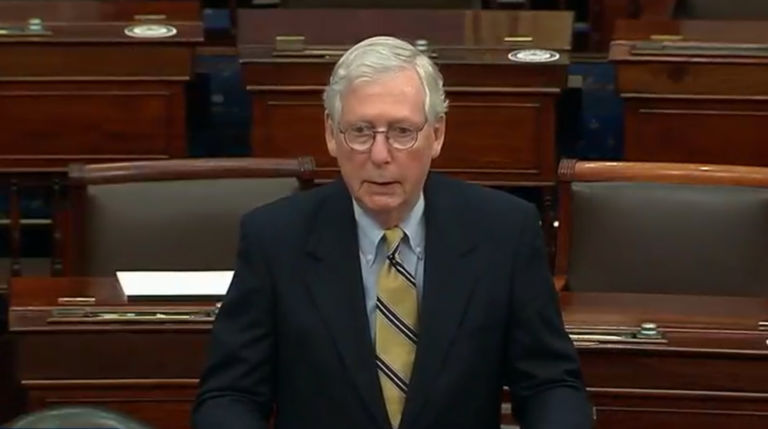Editors at National Review Online examine Senate Republican leader Mitch McConnell’s impact.
Ever the realist, McConnell made the difficult but correct decision that he was too old to continue in the job at his accustomed level of effectiveness.
He will be remembered as one of the most skilled Senate leaders ever. At a time when institutions are often considered merely platforms for personal advancement, McConnell deeply imbibed the history and practices of the Senate and was protective of its norms and traditions. Because he knew so much about his institution, he was able to operate within it with incredible deftness. He won the trust of most of his caucus and was always cognizant of their political needs. Even with narrow majorities, he was able to muster an extraordinary degree of party unity and had a knack for knowing when to cut a deal and when to draw a line. At the top of his game, his Democratic counterparts, Harry Reid and then Chuck Schumer, couldn’t come close to matching him as a political chess player or legislative tactician; sometimes it didn’t even seem fair.
McConnell had his share of critics on the right, ever more so as the party became Trumpified. It is true that McConnell could be too cautious at times, present his caucus with unpalatable last-minute deals, and sometimes back the wrong horse in Senate primaries. But, overall, his judgment was sound, and anyone who thinks Republicans could have accomplished more with a more aggressive leader congenial to the bomb throwers now has the cautionary example of the post–Kevin McCarthy House GOP to consider.
McConnell never had a big majority to work with, and Barack Obama was the president for a goodly portion of his time as leader. Still, he has impressive accomplishments on his ledger. He was a lonely but farsighted advocate of robustly free political speech and opponent of the execrable McCain-Feingold campaign legislation. He slowed and blocked as much of the Obama agenda as possible.


